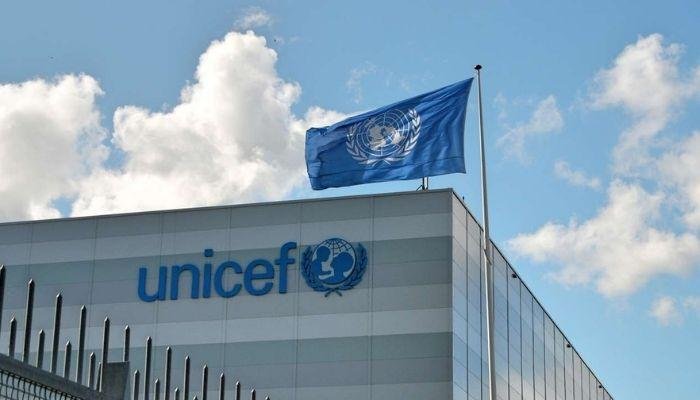The United Nations (UN), has said that the number of drug users worldwide has soared to a record 316 million, with the cocaine trade expanding at an alarming pace and fuelling a surge in violence across several regions,
The World Drug Report 2025, published on Thursday by the UN Office on Drugs and Crime (UNODC) in Vienna, revealed that 6 per cent of the global population aged 15 to 64 – roughly one in every 17 people – used illicit substances in 2023. The figure marks a steady rise from 5.2 per cent a decade earlier.
Cannabis remains the most widely used drug globally, with an estimated 244 million users. This is followed by opioids (61 million), amphetamines (30.7 million), cocaine (25 million), and ecstasy (21 million).
However, it is the cocaine market that is expanding at the fastest rate. The report found that global cocaine production surged by over one-third in a single year, reaching an unprecedented 3,708 tonnes in 2023.
UNODC Executive Director Ghada Waly warned of the deepening global threat posed by drug trafficking networks:
“This edition of the World Drug Report shows that organised drug trafficking groups continue to adapt, exploit global crises, and target vulnerable populations,” she said.
“We must invest in prevention and address the root causes of the drug trade at every point of the illicit supply chain. And we must strengthen responses by leveraging technology, strengthening cross-border cooperation, providing alternative livelihoods, and taking judicial action that targets key actors driving these networks.”
The report also highlighted an escalation in drug-related violence, particularly among rival criminal organisations battling for control of smuggling routes. UNODC noted that this trend is now visibly affecting countries in Western and Central Europe, where more cocaine has been seized in recent years than in North America.
From 2013 to 2023, global cocaine consumption rose sharply, with the number of users jumping from 17 million to 25 million – a nearly 50 per cent increase.
UN experts have expressed concern that the current trajectory not only threatens public health, but also global security and economic stability, particularly in regions already grappling with poverty and weak institutions.



